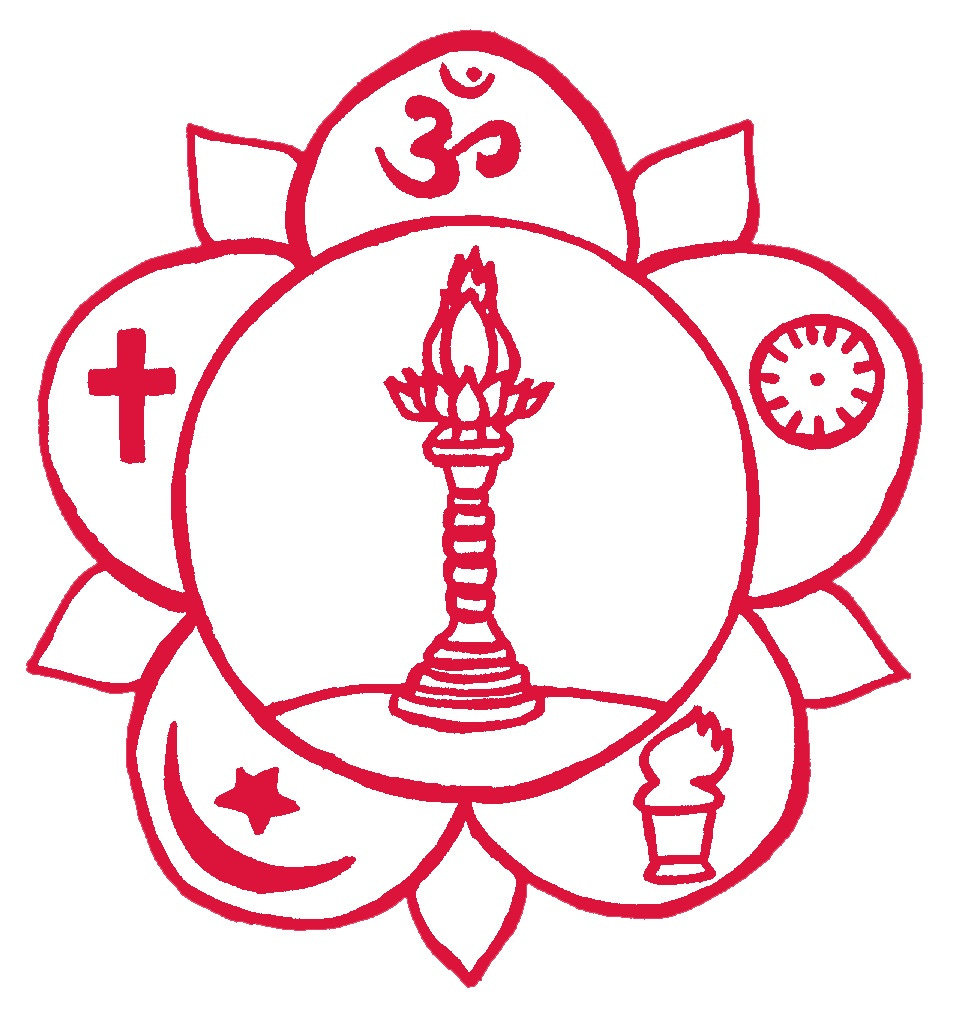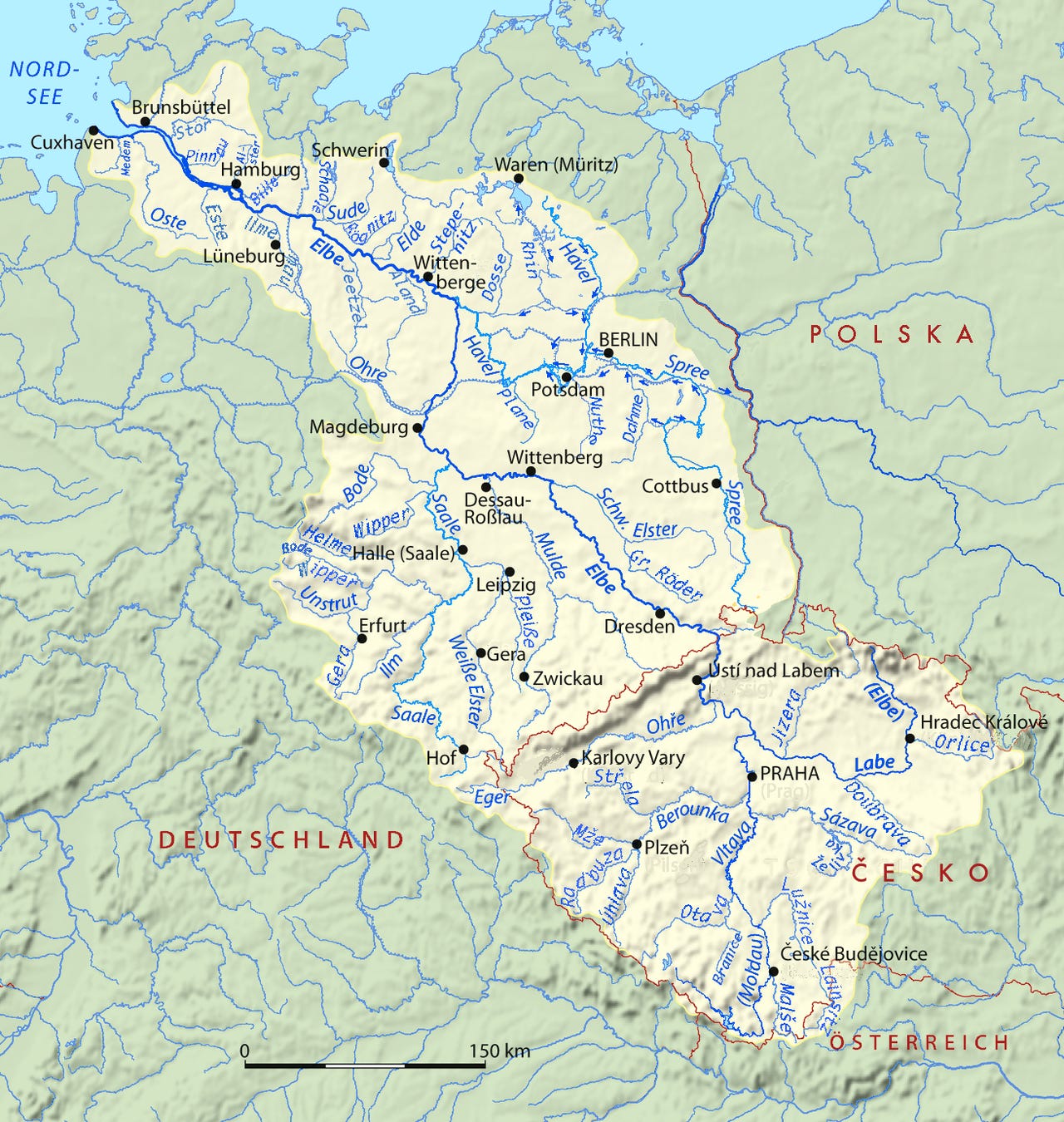I think everyone now is wondering and trying to anticipate where Russia will lay her borders with West Eurasia (Europe). That it's hers to decide is indisputable.
I am a very amateur, at best, and self-taught military strategist and historian. My vocation is Theologian, or as my wife makes it, Mystical Philosopher. In addition, I am long in the tooth. Ergo, FWIW:
I think it's an operational question of river lines driven by two strategic questions: (1) Does Russia want Moldova friendly?, and (2) How much of Germany does Russia want friendly? Obviously, those questions are answerable only in Russia. I don't have a visa for Russia much less citizenship or position there. I am a American Russophile.
Moving East to West: If Russia does not want a friendly Moldova, the river line would be the Horyn-Zbruch-Dniester. If she does, the river line would be the Horyn-Zbruch-Prut-Danube. This is decision-point #1.
Again, moving East to West: If Russia does not want a friendly Germany, the river line would be the Bug-Vistula. If Russia wants a partially friendly Germany, the river line would be the Oder. If Russia wants a friendly Germany, the river line would be the Elbe. This is decision-point #2.1
Given that the Neocon, Trotskyite, Sicarii cabal of New York, London, and Washington drive this drama, its denouement will arrive as citizens of The USA and, to a lesser extent, Great Britain experience a polymerization,2 so to speak, of awareness that they've been had yet retain means to climb out of the pit of somnolence into which they had jumped.
Upon which denouement, our Neocon, Trotskyite, neighbors will throw themselves off the cliff, so to speak, as they begin now to do, as their Sicarii ancestors at Masada did.
In evidence of which means up and out for the rest of us, I cite this indicator of roadmaps for Americans by Christopher Rufo.3

I take this set of statements by Ramzan Kadyrov as indication that Russians see the Elbe as the best candidate for securing their western border, or at least the line to the west best suited to demarcate how far west of their current border there must be neutral nations.
A polymerization differs from a preference cascade. The latter selects for prominence one or more things from things that are known. The former occasions things that are known to self-organize, from the force of compaction, a polymerization, as it were, of time, space, causality, and substance entirely new in history.
Indian American Russian culture is the new historical civilization self-organized, as by a polymerization, under the force of electro-chemical compaction forced through the nations by net-centric global communications.
Indian American Russian culture is the new global civilization. International relations are now a network of spiritual aspirations whose cynosure is Indian American Russian culture, a truly global civilization.





